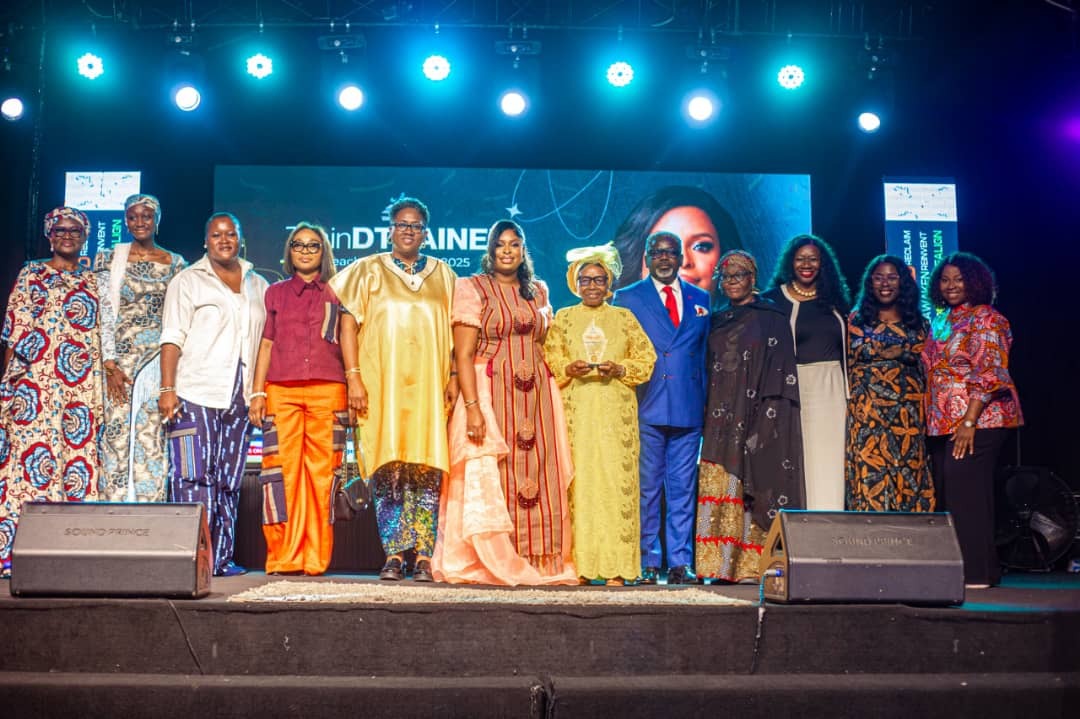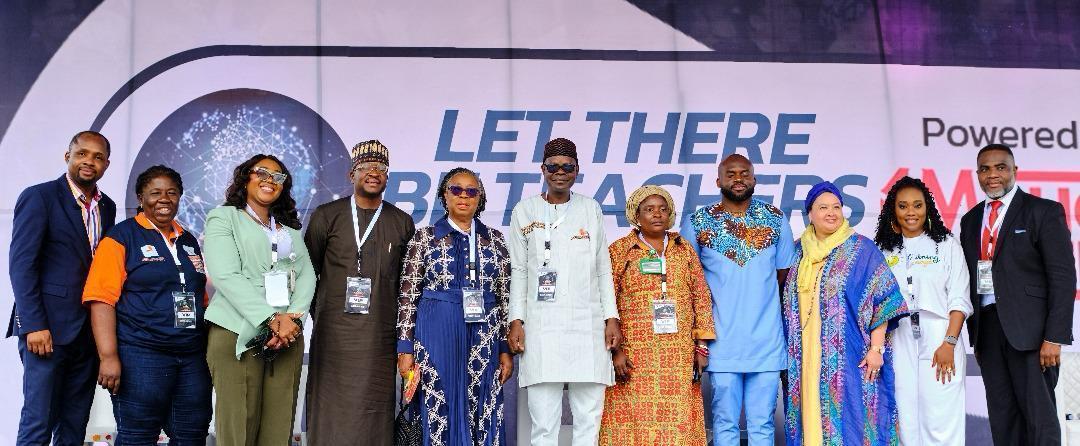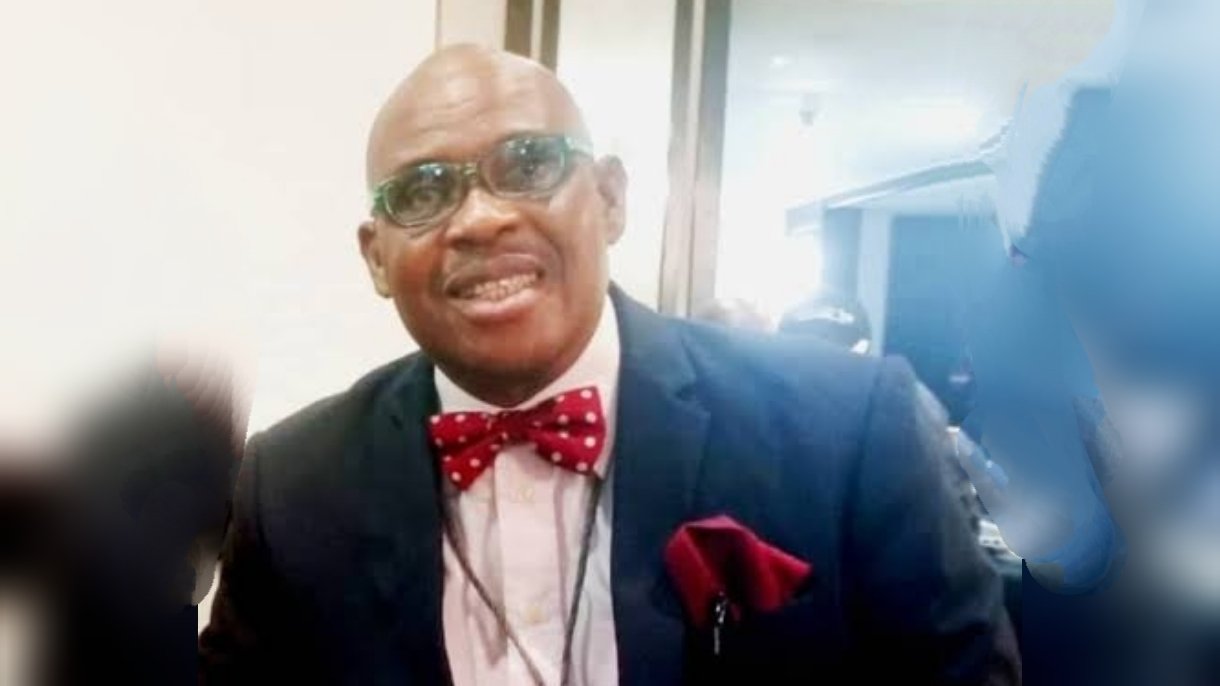Renowned gender advocate, Hansatu Adegbite, has underscored the need for teachers to integrate technology, particularly Artificial Intelligence (AI), into their teaching practices to maintain relevance in a rapidly evolving educational landscape.
Speaking in Abuja at the TrainDTRAINER Teacher Summit 2025, Adegbite emphasised that the future of education depends on how effectively educators adapt to technological advancements and leverage them to enhance learning outcomes.
The keynote speaker noted that AI tools can help teachers personalise instruction, automate administrative tasks, and foster creativity among students, thereby creating a more engaging and efficient learning environment.
Adegbite, who is also the Executive Director, Women in Management, Business and Public Service (WIMBIZ), urged teachers to view AI not as a threat but as an enabler that can empower them to deliver better results.
Speaking on the theme, ‘Deconstruct the old, define the new’, the gender advocate challenged educators to rethink traditional teaching methods and embrace innovative strategies that align with the realities of the digital age.
She emphasised the critical role of AI and technology in the future of education and the need for teachers to learn and adapt to these changes.
According to her, deconstructing old models of education does not mean discarding foundational values but rather reimagining how those values can be expressed through modern tools and approaches.
Adegbite highlighted that the evolving needs of learners require teachers to move beyond rote learning and adopt more interactive, technology-driven pedagogies that promote critical thinking, collaboration, and problem-solving. According to her, embracing AI and digital resources will not only make teaching more impactful but also prepare students for the demands of a technology-centred world.
She further encouraged teachers to cultivate adaptability, curiosity, and a lifelong learning mindset, noting that educators who continuously upgrade their skills will remain relevant and effective in shaping future generations.
Adegbite also called on policymakers, school administrators, and stakeholders in the education sector to invest in digital infrastructure, training, and inclusive policies that ensure every teacher has access to the tools and knowledge needed to thrive in the 21st-century classroom.
In her goodwill message, the Executive Secretary, Universal Basic Education Commission (UBEC), Aisha Garba, represented by Dr. Osom Osom, highlighted plans by the Commission to empower teachers by introducing digital pedagogy and training 875,000 teachers across public schools.
Also, the Pioneer Mandate Secretary, Women Affairs Secretariat, Adedayo Benjamins-Laniyi, lauded the organisers for creating a platform that empowers educators to become catalysts for innovation and transformation in the education sector.
Benjamins-Laniyi noted that teachers remain the backbone of national development, stressing that equipping them with digital competencies is essential to building an inclusive and progressive society.
Earlier in her address of welcome, the convener, Dr. Onyekachi Onwudike-Jumbo, said the programme was organised to build the capacity of teachers and school leaders to meet the demands of 21st-century education through continuous professional development and digital literacy.
She explained that the TrainDTRAINER initiative seeks to equip educators with the knowledge, tools, and confidence to integrate technology and innovative teaching methods into their classrooms. According to her, empowering teachers with digital skills will not only enhance learning outcomes but also ensure that no child is left behind in the rapidly evolving global education space.
Dr. Onwudike-Jumbo stressed that the future of education lies in collaboration between educators, policymakers, and the private sector to create a sustainable framework for digital transformation in schools. She noted that the summit was designed to spark conversations and practical actions that will redefine the teaching and learning experience in Nigeria.






